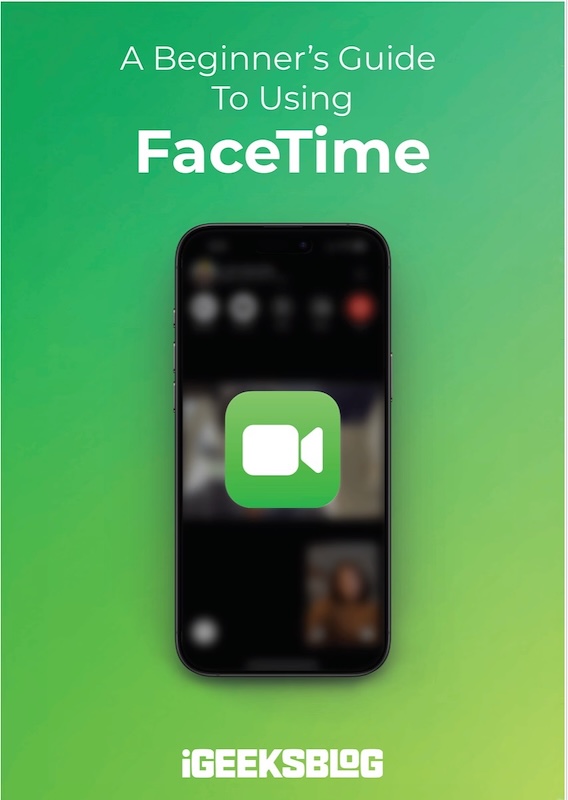
FaceTime Like a Pro
Get our exclusive Ultimate FaceTime Guide 📚 — absolutely FREE when you sign up for our newsletter below.

FaceTime Like a Pro
Get our exclusive Ultimate FaceTime Guide 📚 — absolutely FREE when you sign up for our newsletter below.
Apple’s F1-themed Wallet ad faces backlash from iPhone users over design and tone, sparking debate across social media.
Apple just pushed the wrong button—literally. This week, the tech giant sent out a push notification through the Wallet app, promoting a $10 Apple Pay discount on two tickets for its upcoming movie F1. What might’ve seemed like harmless marketing to some triggered frustration and distrust among many iPhone users.

The notification was part of a partnership with Fandango, offering users a discount when they paid with Apple Pay. On the surface, it’s a harmless promo. However, what caused the stir was where and how Apple chose to deliver it: through the Wallet app, a system-level app that handles sensitive financial tasks, such as storing credit cards, boarding passes, and concert tickets.
For a lot of people, that’s sacred ground. Users took to X, Reddit, and tech forums to air their disappointment. One person posted, “I didn’t drop $1,000+ on an iPhone to get ads from my Wallet app.” Others likened it to a breach of trust, calling it an invasive move that blurs the line between utility and promotion.
It’s not just about discomfort—it might be a direct contradiction of Apple’s own policies. According to Apple’s App Review Guidelines (section 4.5.4), push notifications shouldn’t be used for promotions unless the user explicitly opts in and has an easy opt-out option.
However, in this case, users received the Wallet promo without their consent, and those running iOS 18 found that they couldn’t disable promotions without also shutting off all Wallet notifications. That’s not a viable tradeoff for most.
Interestingly, iOS 26 beta introduces a new toggle in Wallet settings under Notifications labeled “Offers & Promotions.” It allows users to opt out of such promotional content, but this feature is currently only available to developers and beta testers.
The incident is already drawing comparisons to the infamous U2 album fiasco of 2014, when Apple forced-installed a U2 album onto users’ libraries without consent. That move led to widespread backlash and a rare public apology. Some are now calling this Apple’s “F1 Push” moment of 2025.
Defenders of Apple argue this is overblown. Since Wallet already manages tickets and entertainment, promoting a movie deal might not seem out of place. And hey—$10 off is still a win, right?
However, critics argue that the real concern isn’t the discount, but rather the precedent. If Apple begins treating system apps like marketing channels, what’s next? Ads in Settings? Promos through Health?
It all boils down to trust—something Apple markets heavily with its privacy-first positioning. When a platform like Wallet, built around personal security and discretion, starts pushing ads, it raises red flags for users who expect more from a premium device.
In an era where digital advertising feels unavoidable, Apple has long stood apart by prioritizing user control and clean, ad-free system experiences. This move signals a shift, and for many, even one push notification was one too many.
If Apple doesn’t course correct, the fear is that this might just be the beginning of a new, more intrusive chapter in how it communicates with users.